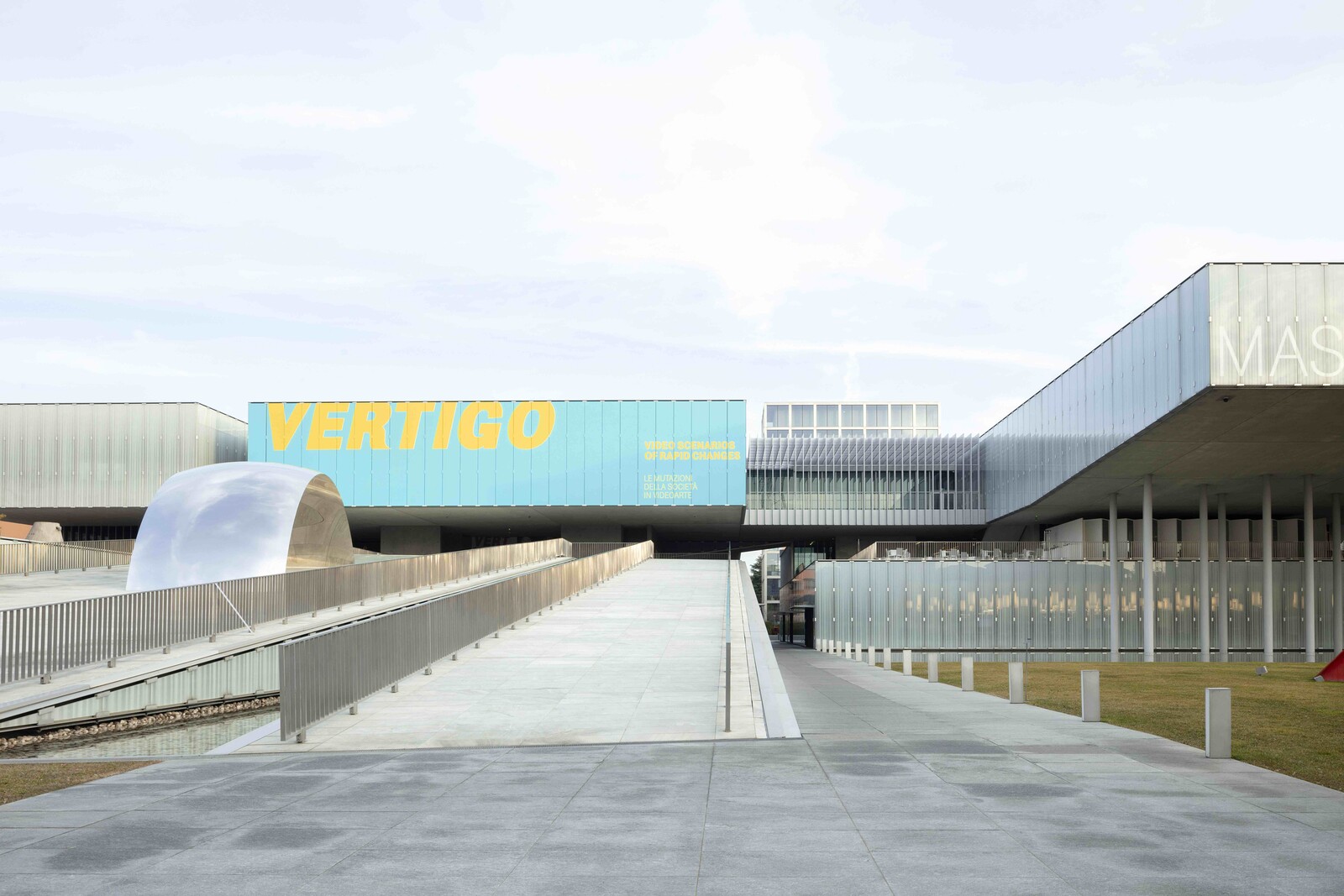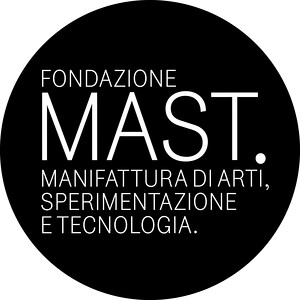The Mutations of Society in Video Art
February 10–June 30, 2024
Via Speranza 42
40133 Bologna
Italy
Hours: Tuesday–Sunday 10am–7pm
gallery@fondazionemast.org
Fondazione MAST presents the exhibition Vertigo—Video Scenarios of Rapid Changes curated by Urs Stahel: 29 international artists tackle the theme of our changing society through the artistic medium of video art. Until June 30 the MAST galleries will house 34 video art installations that analyse, comment on, explore and investigate rapid changes in different contexts including work and production processes, trade and traffic, new behaviours, communication, the natural environment and the social contract. Could there be any better artistic medium than that of the moving image to convey the idea of transformation, transition and, lastly, vertigo that this continuous mutation provokes?
The exhibition is organised into six themed sections accompanied by a series of “Interludes“, video installations scattered throughout the exhibition that act as commentaries on contemporary world events, the state of the planet, and our global condition.
Vertigo—Video Scenarios of Rapid Changes is thus a somewhat atypical exhibition: it is comprised exclusively of video creations of very different durations, some actually lasting several hours. Visitors can use their smartphone to scan the QR code next to each installation and listen to the accompanying audio with headphones. The exhibition is designed to be enjoyed and discovered over multiple visits and visitors are invited to return to MAST to complete their viewing of all the videos.
The international artists featured in Vertigo, who belong to different generations, are: Lucy Beech, Will Benedict, Cao Fei, Chen Chieh-jen, Douwe Dijkstra, DIS, Simon Dybbroe Møller, Nina Fischer & Maroan el Sani, Melanie Gilligan, Simon Gush, Lauren Huret, Sven Johne, Kaya & Blank, Ali Kazma, Dominique Koch, Gabriela Löffel, Ariane Loze, Eva & Franco Mattes, Richard Mosse, Paulien Oltheten, Stefan Panhans & Andrea Winkler, Julika Rudelius, Pilvi Takala, Wang Bing, Anna Witt.
“The exhibition stems from a reflection on the vast amount of information that our brains process daily which, when combined with speed and complexity, becomes an overwhelming driver of change in society” explains Urs Stahel. “Data shows that in many European countries, over 40 percent of the population is inclined to move away from traditional news media. We happily leave writing and calculations to machines. Written communication is now virtually obsolete or reduced to a few lines. Our skills in reading, thinking and remembering are all destined to diminish. As a result, today we are confronted with many ever-different parameters, changes of such colossal proportions in terms of size, speed and quality that we can no longer comprehend them, nor do we react adequately to them. As a result, we feel dizzy, uncertain and lost: vertigo—in the broadest sense of uncertainty, numbness, haziness and dizziness—has become the new normal.”
The exhibition is accompanied by a booklet with descriptions of each work. Complementing the exhibition is a series of free events, guided tours, and educational activities for students, available upon reservation.
Fondazione MAST (Manifattura di Arti, Sperimentazione e Tecnologia) is a non-profit organisation founded in Bologna in 2013 that aims to promote social innovation and corporate welfare projects to support collective economic, social, and cultural growth. MAST is an internationally renowned cultural centre that provides advanced welfare services for Coesia industrial group employees, offering free cultural activities for the community focused on the arts and photography on industry and work. The exhibition spaces house temporary exhibitions dedicated to photography on industry and work.
Fondazione MAST, press [at] fondazionemast.org.



